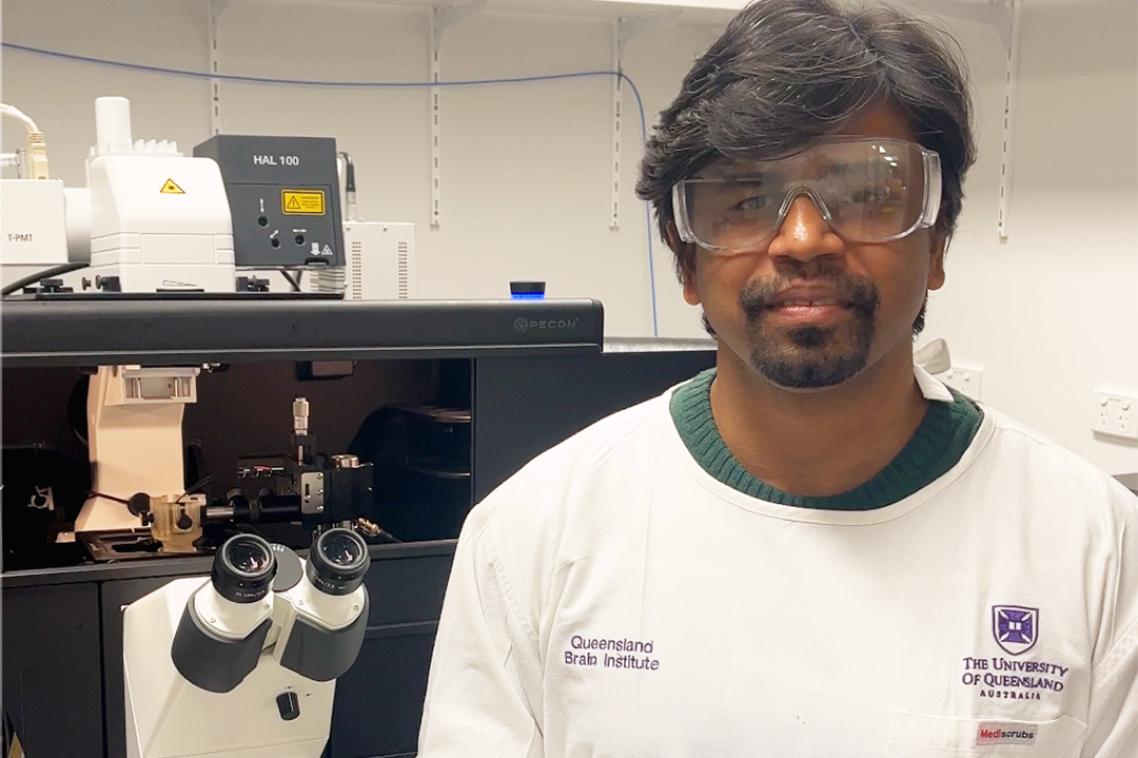New stem cell discovery a preliminary step for regenerative medicine
A discovery by researchers at UQ’s Australian Institute for Bioengineering and Nanotechnology (AIBN) will enable better methods to grow stem cells for use in cancer research and regenerative medicine.
The research team led by AIBN’s Associate Professor Ernst Wolvetang found that the inclusion of vitamin C in cell culture media was responsible for chemical modification of DNA which has been known to cause chromosome instability and cancer in laboratory stem cell populations.
According to Dr Wolvetang, this discovery is important for stem cell researchers because they rely on genetically stable, non-cancerous stem cells to develop methods to repair damaged or diseased tissues.
“In order to obtain sufficient cells for regenerative medicine applications, human pluripotent stem cells are grown in the laboratory to increase the number of cells,” Dr Wolvetang said.
“Because vitamin C is essential for human health, we were surprised that it had such a detrimental effect on stem cells in culture.
“We found that it causes widespread yet specific loss of DNA-methylation in stem cells, a chemical modification crucial to normal development and cellular differentiation in mammals.
“With this knowledge we can develop better methods to grow stem cells in the laboratory, which will improve our understanding of them and how we might harness their potential in the fight against disease,” he said.
Stem cells are an attractive tool in treating cancer and many other diseases due to their ability to differentiate into any cell type in the human body.
This work was the subject of two publications in the international journal Stem Cells.
AIBN is a multidisciplinary research institute focused on addressing some of the intricate problems in the areas of health, energy and the environment.
Media contact Associate Professor Wolvetang +61 7 3346 3894
Topics
Related articles

New ultrasound imaging to map drug delivery into the brain

Staying physically active cuts risk of early death by 40 per cent
Media contact
UQ Communications
communications@uq.edu.au
+61 429 056 139
